Stellar’s industrial refrigeration design, installation and maintenance teams are among the best in the business. The educational blog posts in this featured collection are written based on their expert knowledge of ammonia systems and their practical experience in food and beverage manufacturing plants, cold storage buildings, distribution centers, pharmaceutical facilities and ice arenas. Learn more about ammonia (NH3) as an environmentally friendly, natural refrigerant that is a cost-effective and efficient alternate to chlorofluorocarbons (CFCs) and hydrochlorofluorcarbons (HCFCs). This collection also offers information on Process Safety Management (PSM) compliance, compressors, inspection tools, refrigeration maintenance and refrigeration service.
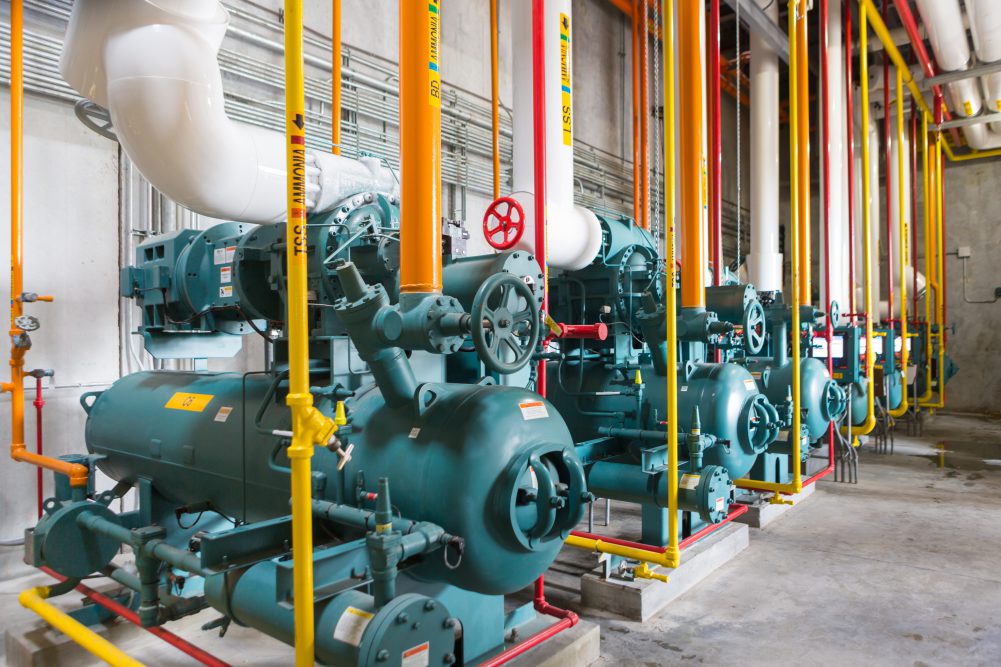
17 Common Ammonia Safety Issues Your Refrigeration Personnel Can Control (and Correct)
It’s always a good time to check up on your facility’s safety — but now the stakes are even higher when it comes to safety violations.
Employers across the U.S. have been facing higher penalties from the Occupational Safety and Health Administration (OSHA) this year. In January 2021, the federal agency announced it was increasing the maximum penalty for serious and other than serious citations to $13,653 and the maximum for repeat and willful violations to $136,532.




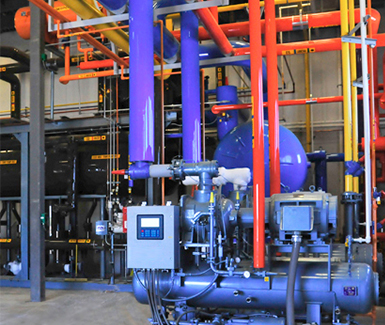
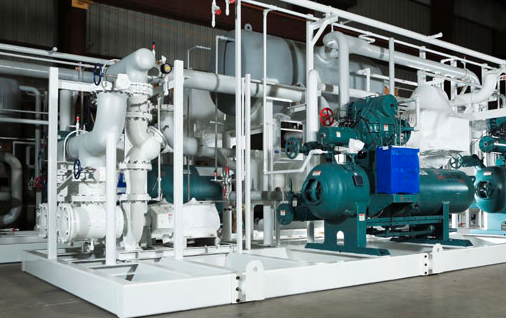

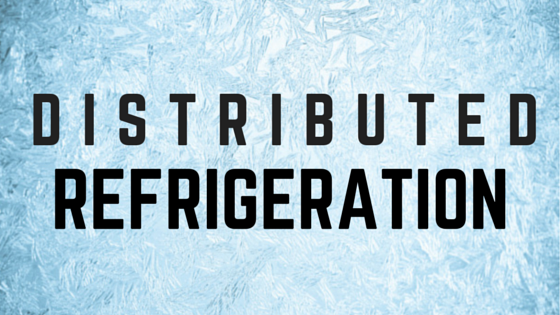
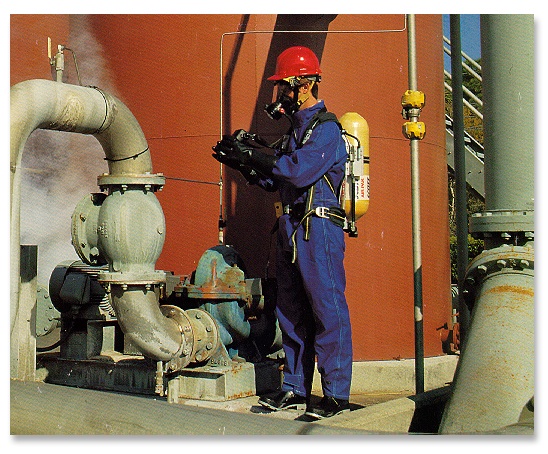
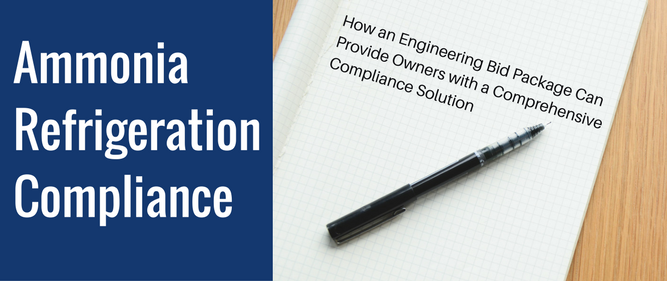

![Does your PSM compliance training meet the latest OSHA requirements? [infographic]](https://stellarfoodforthought.net/wp-content/uploads/2022/01/PSM-Training.png)
